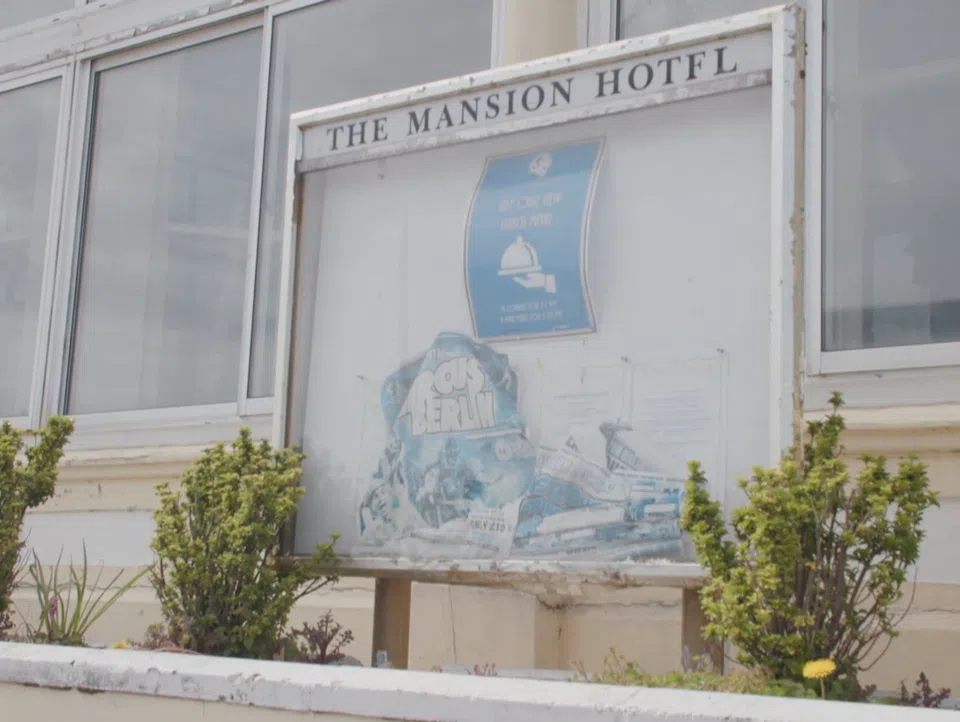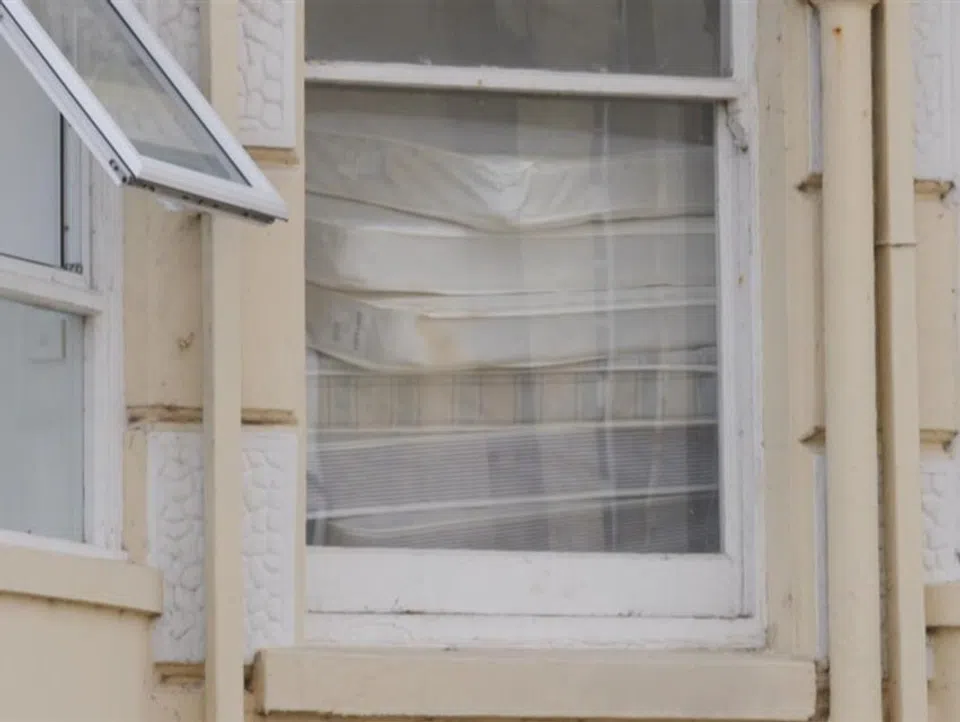When a language exchange trip becomes a nightmare

Dog excrement in the flat and host families who are not properly vetted. Education First (EF) is one of the language exchange programmes that has been criticised.
Christelle’s language exchange study trip to Hawaii began questionably: the single man who was supposed to accommodate her and three other language exchange students for the homestay was not there to welcome them when they arrived. And he would remain absent for one week. The house was in bad shape and unhygienic, said Christelle to Swiss public radio, RTS. “The sink in the kitchen was sometimes full of worms and there were unidentifiable things around to the rubbish.”
A few weeks later, the homestay host brought puppies into the house. They urinated and defecated in the rooms, but, according to Christelle, the owner didn’t care. “Because the man didn’t do anything, the language students had to remove the excrement and clean the floor.” And it got worse.
“One Friday night, at 11:30pm, all of the language exchange students received a text message stating that we had to leave the house, immediately. The host had already thrown out students staying with him six months earlier. He was known for having done it in the past. But the school in Hawaii didn’t do anything about it and he was able to host students again.”
Travel ombudsman finds incidents “scandalous”
What does the ombudsman of the Swiss travel industry, Franco V. Muff, say about this case? “It’s scandalous, something like this shouldn’t happen, but it’s a typical example that apparently certain schools have no idea what kind of accommodations their language exchange students will walk into.”
The language school in question was Education First, or EF. It is the world’s leading provider of language stays. It writes that hosts are “rigorously vetted” and an appropriate host family selection process is carried out.
“In cases where conditions have deteriorated since our last visit or other concerns are raised by our students, we take the necessary steps to resolve the issue, change accommodation if necessary, or even withdraw membership from the host in question if it is proven to be a serious problem.” EF, however, did not answer questions posed to it by RTS about whether or not this case was reviewed.
Run-down accommodations
Lénie, was 15-years-old when she went on a language exchange programme with EF in English. She also had a bad experience. “I wanted to go away for two weeks to improve my English. After some research, we decided to stay in Eastbourne, England.”
Her mother paid CHF2700 ($3,067) for the school fees and for the accommodation with a host family. But instead of a host family, Lénie ended up in a run-down hotel, surrounded by dozens of other students.

According to the mother, EF said this was a good solution because many host families had cancelled last minute and therefore many students had to stay in two separate hotels.
For the Ombudsman, this is a breach of contract, because “if you want a family, you don’t want mass accommodation.”
EF deeply regrets the situation
In response to the conditions Lénie experienced the summer of 2022, EF wrote, “our halls of residence in the south of England were unfortunately not up to our usual standards, which we very much regret”. EF cites the cancellation of several dozen host families in connection with Covid-19 as the reason for the very last-minute move of the students to hotels. “Our local teams had to find ad hoc solutions to accommodate the students in the middle of peak season.”

EF also writes, “Our programmes could not have existed since 1965 if the incidents you mention were systematic or reflected the typical experiences of our students. Nonetheless, and we acknowledge this, we are not immune to bad experiences or sometimes experience failure to meet our standards, especially in the post-Covid-19 period. We take our students’ opinions and feedback very seriously and do everything we can to find appropriate solutions quickly.”
Number of host families decreases dramatically
The number of host families in England is a problem, having decreased by 70% compared to before the Covid-19 pandemic. Claudio Cesarano, managing director of the Swiss language exchange provider, the Linguista Language Exchange, says. “There is also up to 50% less capacity in cities or regions in Ireland, France, Italy and Spain.” Claudio Cesarano attributes this dramatic decline to the trend towards home offices and Airbnb, among other things, “Prices in many areas are demand-driven and more money can be charged than when a language student comes”.
Accommodation availability is one thing, but how are host families selected? How are they checked and vetted? This was the question asked by Clément Bürge, London correspondent for RTS. He currently lives in London with his partner and his child. He applied to various schools as a host family – with success. And some frightening findings.
Hardly any checks on host families
Clémént Bürge applied to the Swiss language exchange organization, Linguista, by email. Linguista organises host families through a partner company. He immediately received a contract for the accommodation of a 17-year-old student, without someone coming to check the living situation, without checking his financial circumstances and without checking his criminal record.
“This is absolutely unacceptable,” says ombudsman Franco V. Muff. “I don’t assume that every school knows every person in a host family down to the last detail. But when new people apply to host an exchange student, as in this example, you have to vet them carefully. What’s their financial background, how does the living situation look like, is it clean, do they have a criminal record or not?”
Claudio Cesarano, managing director of Linguista, is shocked by these findings. “Its unacceptable that accommodations and host families are not checked.”
Linguista reacted and demands a binding written guarantee from the schools and agencies that the applying host families are inspected in every case and that an extract from the criminal record is required for the accommodation of students under 18-years-old.
Host families want to earn money
What journalist Clément Bürge noticed during his experiment is that the remuneration for hosting language exchange students is low. At another language school, for example, he would receive CHF90 per student per week. This includes food and rent. The motivation for most host families is money. Hosting language exchange students brings in extra income. Ombudsman Franco V. Muff confirms this. “Most families take in students to earn money. The less money they receive, the worse the quality of the accommodation. That means they offer less, less food, and there are items that are not made available, for example no coffee or milk.”
Translated from German by Alexandra MV Andrist

In compliance with the JTI standards
More: SWI swissinfo.ch certified by the Journalism Trust Initiative








You can find an overview of ongoing debates with our journalists here . Please join us!
If you want to start a conversation about a topic raised in this article or want to report factual errors, email us at english@swissinfo.ch.